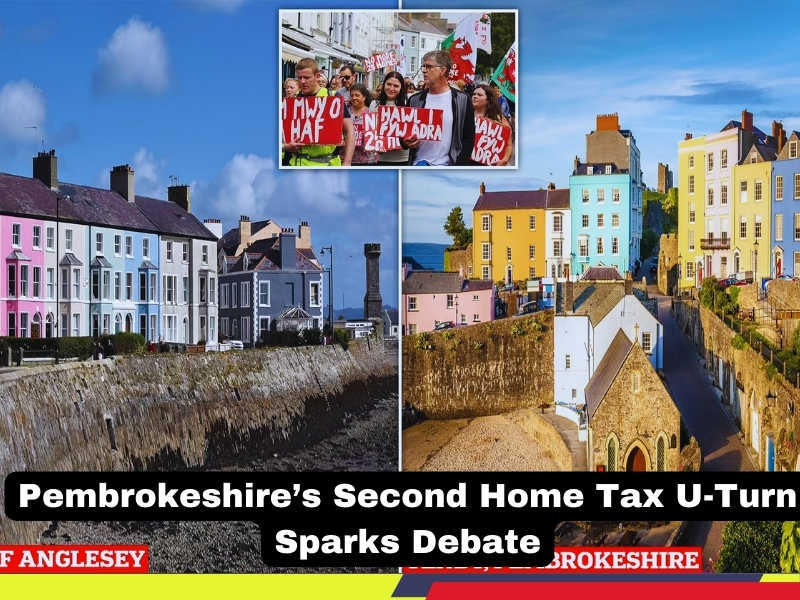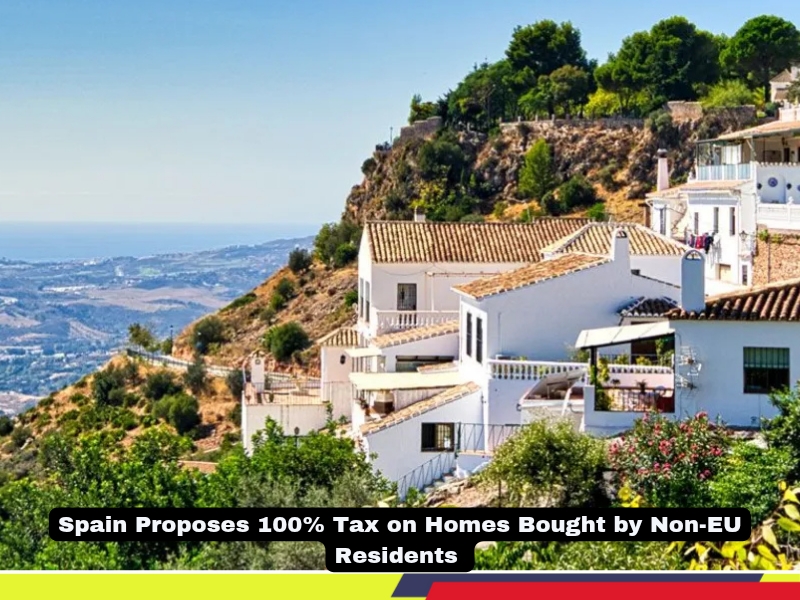In a heated decision that has divided opinion, Pembrokeshire councillors have voted to reduce the council tax premium on second homes, bringing it down from 200% to 150%, just six months after the higher rate was introduced. The move has reignited a debate about the balance between protecting local housing markets and supporting tourism in one of Wales’ most popular destinations.
The initial 200% premium was part of a broader Welsh government initiative to make housing more affordable for local residents, empowering councils to charge second homeowners up to 300% in council tax. The intention was to combat the growing problem of locals being priced out of areas where they grew up, as holiday homes and second properties dominate the market. However, the impact on Pembrokeshire’s tourism-driven economy has raised alarm bells for many business owners and some local councillors.
Proponents of the cut, like Councillor Huw Murphy, who spearheaded the amendment, argue that the 200% premium was too harsh, threatening to destabilize the region’s vital tourism sector. For small businesses like shops, restaurants, and holiday lets, second-home owners are key customers during the quieter months when tourist numbers drop. Reducing the premium, supporters say, will ensure these homeowners remain invested in the local economy.
Local business owners like Becky Munn, who runs Cariads in Tenby, agree. She’s witnessed a surge in second homes going up for sale since the 200% premium was introduced, fearing that fewer second homeowners could hurt the local economy. “The less properties that are available for people to come and visit the area, it takes away the opportunity for people to spend money in the area,” Munn said.
But not everyone is on board. Critics of the decision, including Labour Councillor Marc Tierney, argue that the reduction in the premium will worsen Pembrokeshire’s already precarious financial situation. With council services already under pressure, the estimated £2.6 million loss in revenue from the premium cut could lead to further cuts in public services or higher taxes for local ratepayers. “It’s disappointing that people were unwilling to listen to the economic reality,” Tierney remarked, labeling the decision as “very bad.”
Council leader Jon Harvey echoed concerns over the financial impact, questioning what services would be sacrificed to offset the loss. “We cannot keep burying our heads in the sand over the financial situation,” said Councillor Michelle Bateman, another opponent of the cut.
The debate has stirred broader questions about the role of second homes in communities like Pembrokeshire, where tourism is a lifeline, but housing affordability remains a critical issue. For many locals, the council’s decision represents a delicate balancing act between supporting an essential industry and ensuring housing remains accessible for future generations.
The council’s decision will come into effect in April, but the impact of this policy shift—and the continuing tug-of-war between tourism and local housing needs—will likely play out for years to come.




